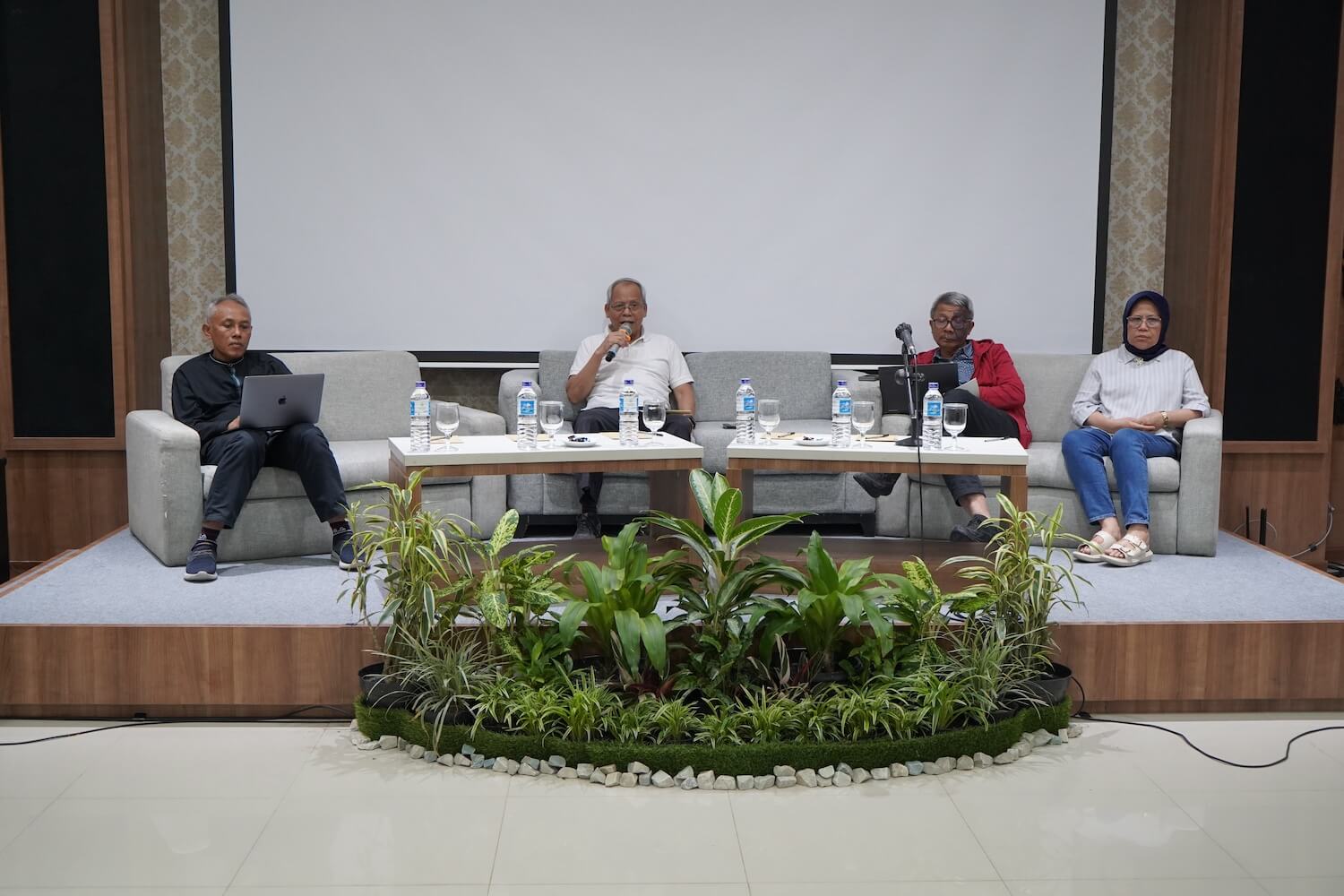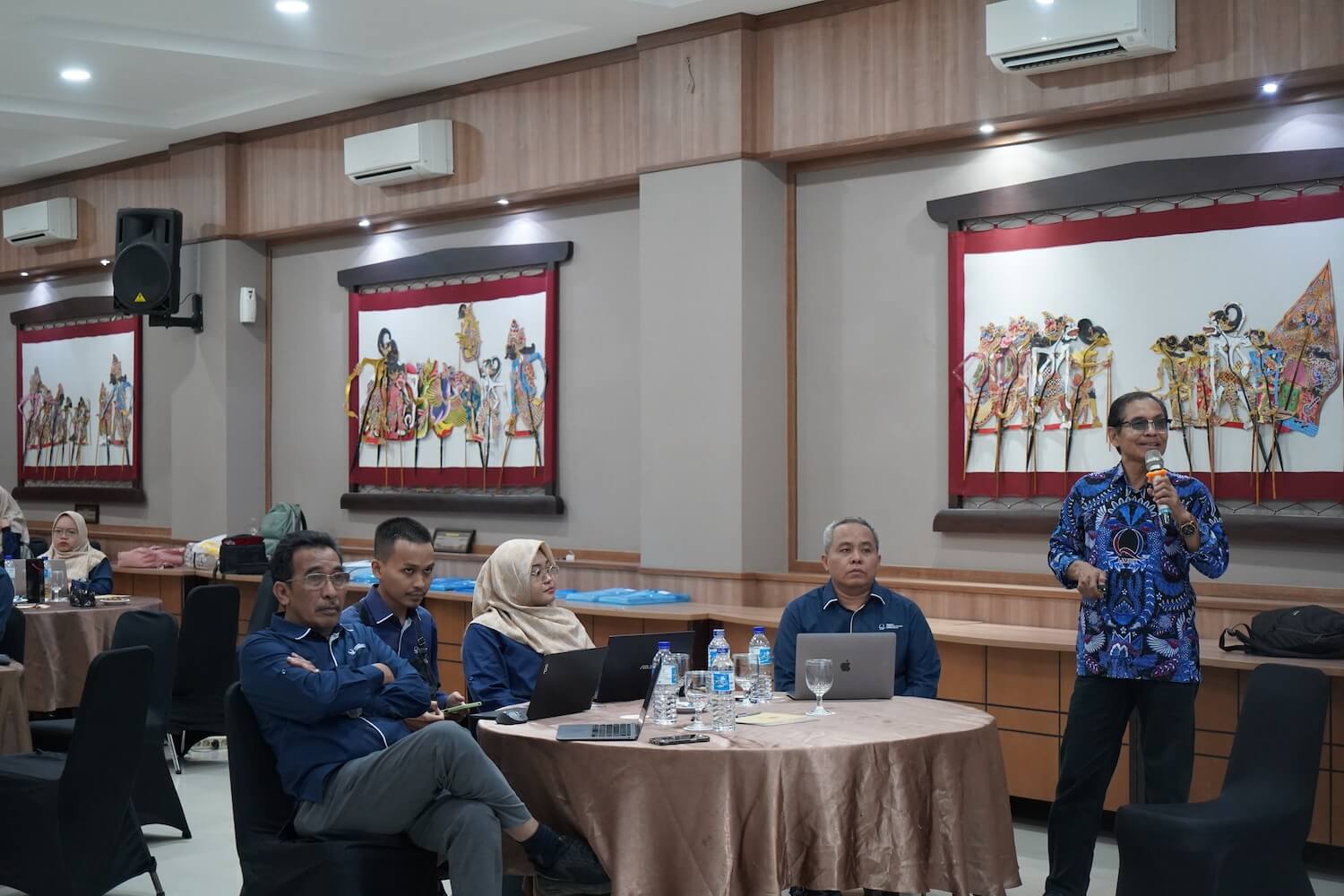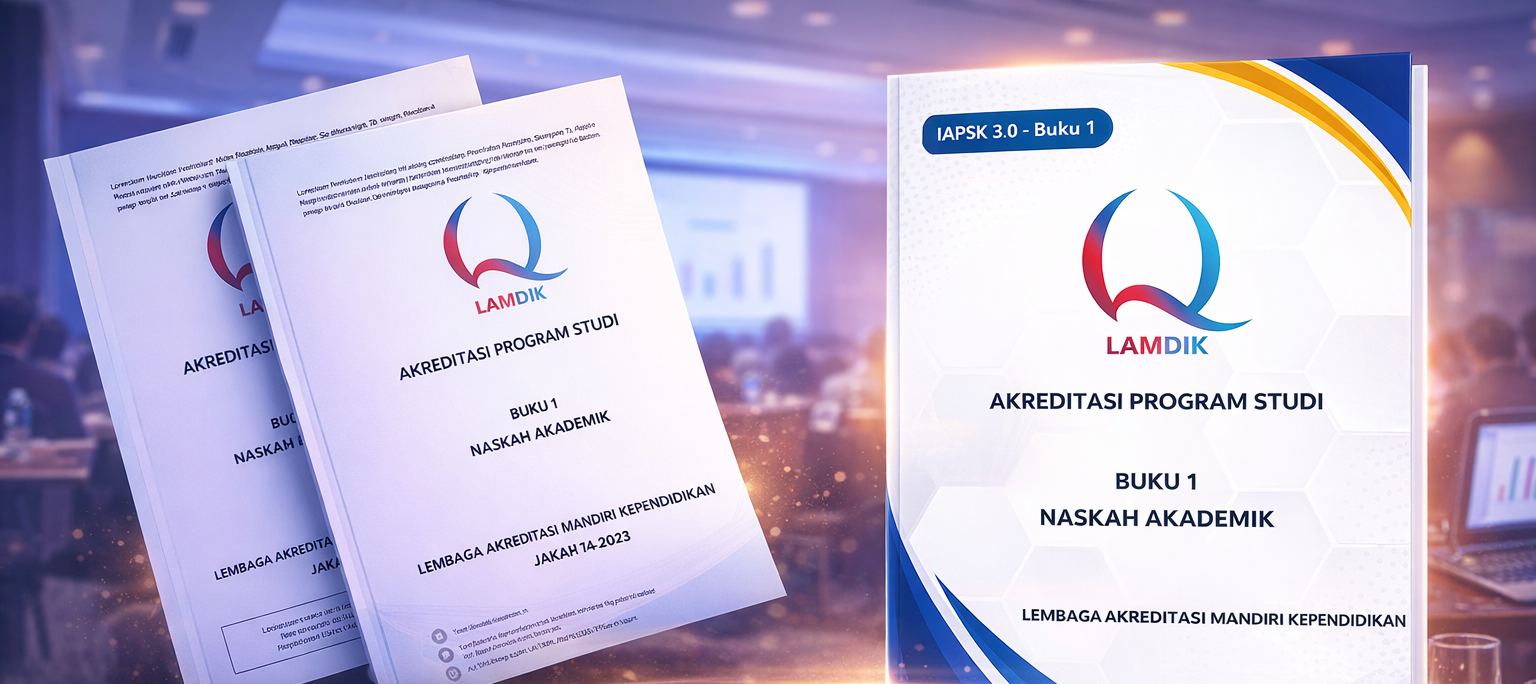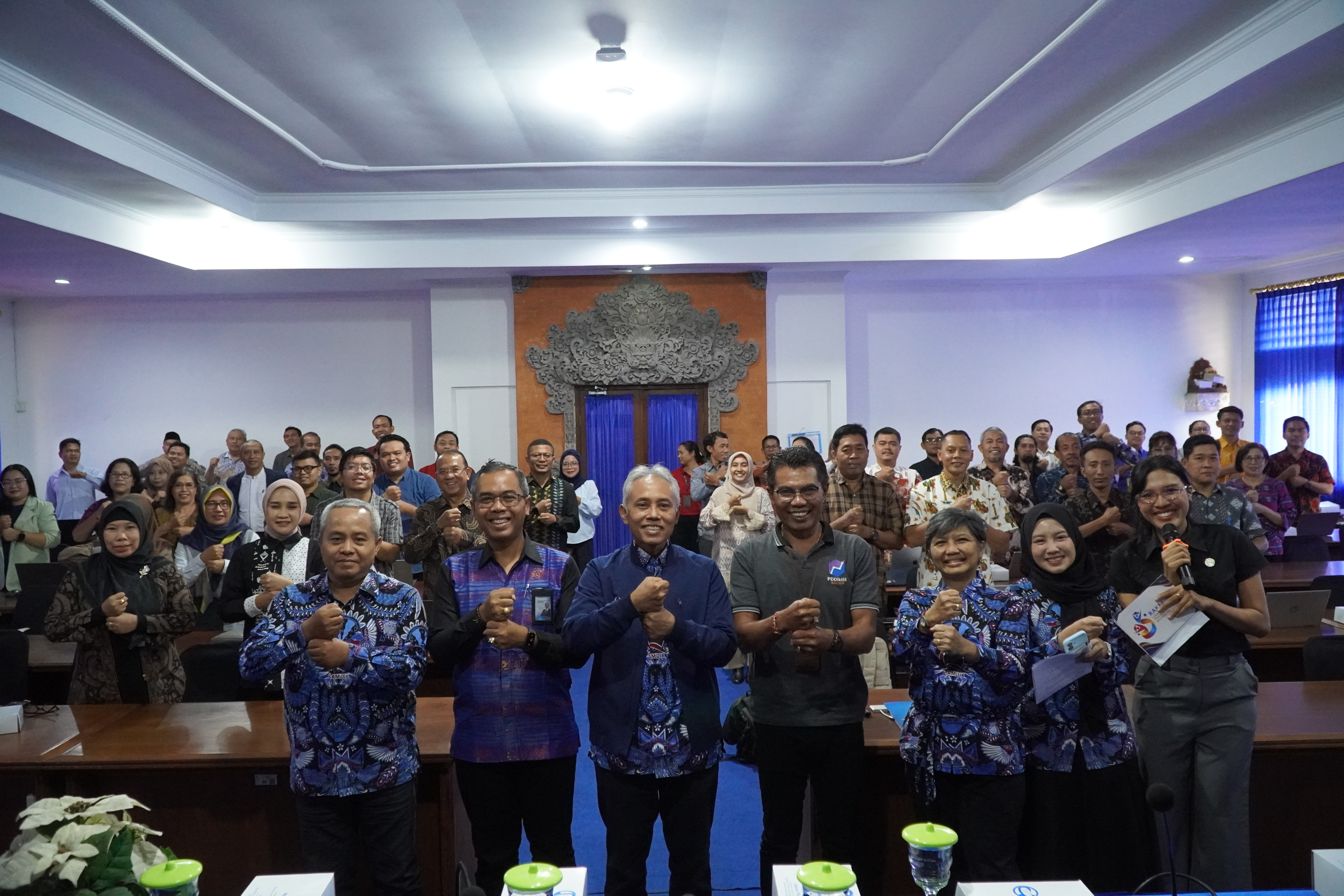
LAMDIK Holds FGD on 2024 Work Program Report and 2025 Work Program Planning in Yogyakarta
The Independent Accreditation Institute for Education (LAMDIK) conducted a Focus Group Discussion (FGD) on the 2024 Work Program Report and the 2025 Work Program Planning on Friday (December 26, 2024), lasting three days in the Kaliurang area, Yogyakarta. This event was attended by LAMDIK’s executive board, heads and members of various divisions, and all LAMDIK staff. The primary objective of this FGD was to conduct an in-depth evaluation of the implementation of the 2024 work program and to formulate a more effective and efficient work program for 2025.

The event commenced with an opening speech by the Chairman of LAMDIK, who conveyed key messages and provided directives on the importance of conducting an honest and constructive evaluation of all implemented programs. He emphasized that while mutual support among members is encouraged, it is equally crucial to uphold individual responsibilities. Collaboration and assistance are certainly welcomed, but they should not compromise the duties that each individual is obligated to fulfill. On this occasion, directors from each LAMDIK division also delivered remarks, highlighting significant achievements throughout 2024 and addressing challenges encountered during the execution of work programs in the past year.

Following the meaningful opening session, the event proceeded with the evaluation of the 2024 work program and the formulation of the 2025 work program. During this session, each division was given the opportunity to present a detailed report covering the evaluation of program implementation and the attainment of previously set targets. These presentations provided a comprehensive overview of the accomplishments and the obstacles encountered during program implementation. Additionally, each division was encouraged to propose new ideas, innovative strategies, and action plans aimed at achieving greater objectives in the coming year. The presentations were followed by intensive and constructive discussions, where participants exchanged feedback and suggestions for refining ongoing programs.
The discussion sessions were dynamic, with various emerging ideas aimed at designing more structured programs focused on sustainability and enhancing the impact of accreditation quality in Indonesia’s education sector. These discussions were expected to yield a well-structured and strategic work program that not only aligns with LAMDIK’s vision and mission but also anticipates and accommodates future challenges.



